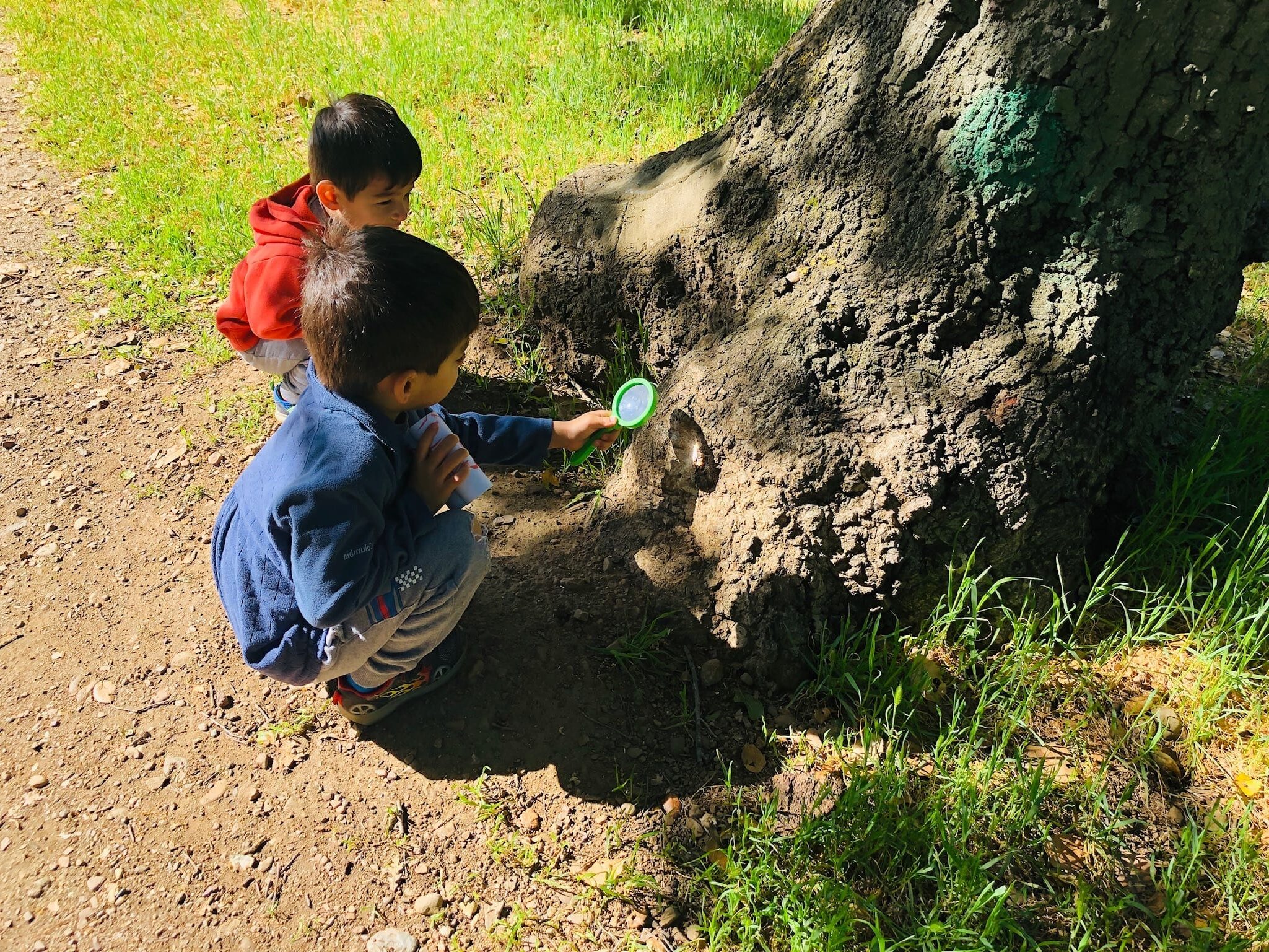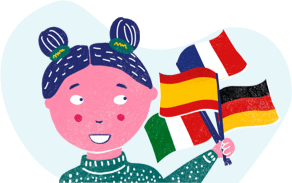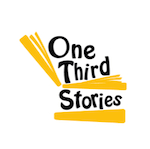
Summer is the perfect time to take learning outside, and what better way to combine education with adventure than a language-learning outdoor scavenger hunt? This provides a unique and interactive method that combines fun and learning into an unforgettable experience. Here’s how you can create a memorable and enriching summer language!
Why Combine Language Learning with an Outdoor Scavenger Hunt?
Engaging Multiple Senses
Learning through play, especially outdoors, engages children’s senses uniquely. The sights, sounds, and outdoor textures make the learning experience more vivid and memorable, helping young language learners associate new words with real-world experiences.
Within the pages of our beautifully illustrated and captivating audio storybooks from, One-Third Stories, children are swept up in richly illustrated tales brimming with excitement with mysteries and adventures. Fully immersed and eager to discover the unfolding narrative with a context that ignites their imagination, they develop an enduring passion for languages, cherishing the fun of learning and retaining the knowledge gained.
By blending the magic of storytelling through audiobooks with a fusion of sensory experiences, One-Third Stories provides children with a multisensory approach to immersive literary adventures, combining contextual and active learning.
Contextual Learning
Language isn’t just about vocabulary and grammar; it’s about communication and understanding context. When language learners encounter words and phrases within their real-world context, it significantly boosts their understanding and memory. An outdoor scavenger hunt places vocabulary and grammar into scenarios that learners can see, feel, and experience, providing a rich context that aids in grasping the nuances of the language.
An outdoor scavenger hunt places words and phrases in real-life contexts, making the learning experience richer and more meaningful. For example, learning “tree” is more impactful when touching and seeing an actual tree. An outdoor scavenger hunt provides context to language learning. Children are not just hearing or seeing the words but are actively engaging with objects and environments. This context helps solidify their understanding and retention of new vocabulary.
Encouragement of Active Learning
Active learning through play is incredibly effective for children. It boosts engagement, motivation, and retention. An outdoor scavenger hunt encourages kids to move, explore, and interact, facilitating language learning enjoyably and dynamically. Active learning encourages children to take control of their learning experience. By seeking out items or completing challenges, they’re practicing language skills and learning how to learn, an invaluable skill in any subject.
Planning Your Language Learning Scavenger Hunt
Step 1: Define Your Learning Objectives
Start by deciding what language goals you want to achieve. Are you focusing on vocabulary, sentences, or verbal communication? Your objectives will guide the design of your scavenger hunt, from the clues to the challenges.
Step 2: Choose a Suitable Location
Your backyard, a local park, or a community garden can be perfect settings for your language adventure. Consider the safety and accessibility of the location and ensure it offers a variety of objects and places to incorporate into your hunt.
Step 3: Create Clues and Challenges
Design clues and challenges that require the use of language skills to solve. This could be as simple as finding something that starts with a certain letter, or as complex as following instructions to find a hidden treasure.
Step 4: Keep it Simple for Better Hunting
Enhance the adventure using simple tools like a list with written items, pictures, or stickers. Avoid the pressure of making it complex or fancy. This approach helps parents and caregivers easily participate and ensures children enjoy the scavenger hunt without relying on technology. This engaging activity makes learning fun and enhances their vocabulary and observational skills.
Step 5: Plan for Interaction
Encourage children to work in teams or with a partner to solve clues. This interaction promotes language use in conversation and teamwork, enhancing social language skills. Encourage interaction by including tasks that require the kids to speak or read in the target language. This might be asking them to describe an object they’ve found or to read a simple sentence aloud.
Tips for a Successful Language Adventure
Provide Adequate Resources
Ensure participants have dictionaries, language apps, or phrasebooks during the hunt. This will help them overcome any language barriers they encounter along the way. Offering resources also empowers learners to solve problems and find answers independently.
Keep Safety in Mind
When planning your scavenger hunt choose a safe location, and participants understand the rules and boundaries of the game. Also, keep the group together, and have adults supervise the activity at all times. Additionally, equipping the group with communication, such as walkie-talkies, can add safety and fun to the adventure.
Make It Rewarding
Reward every participant, not just the first to finish. Rewards can be simple, like stickers, certificates, or a special snack. The goal is to make learning a language feel like an achievement, and motivate kids to engage fully with the language tasks.
Celebrate every explorer on their language adventure, not just the swift sprinters who reach the finish line first. Imagine the joy of receiving treasures along the way – perhaps shiny stickers, proud certificates, or even a sweet treat. Each step becomes a milestone, inspiring our young linguists to dive wholeheartedly into the world of languages, making every discovery a reason to celebrate.
Conclusion
Take language learning outside this summer and watch adventurers explore, learn, and grow. A language-learning scavenger hunt is more than just a game; it’s a dynamic way to bring language education to life outside the classroom.
By involving multiple senses, providing context to learning, and encouraging active participation, a foundation is laid for effective language acquisition. Combining kids’ natural curiosity with structured learning objectives creates an effective and enjoyable learning experience. This summer, take your little ones on an adventure they’ll remember for years to come—not just for the fun they had, but for the skills they gained along the way. The treasures you’ll discover are more than just physical; they’re educational gems that last a lifetime.



Choose a language
One Third Stories courses are available in French, Spanish, Italian and German.
Select a subscription
Choose between monthly or annual payment options.
Start learning
Receive your first audiobook and Story Box, and let the learning begin!.

Choose a language
Our courses are available in French, Spanish, Italian and German.

Select a subscription
Choose between monthly or annual payment options.

Start learning
Receive your first audiobook and Story Box, and let the learning begin!.
